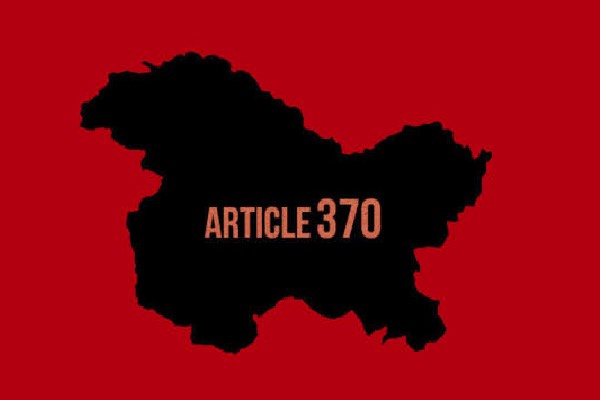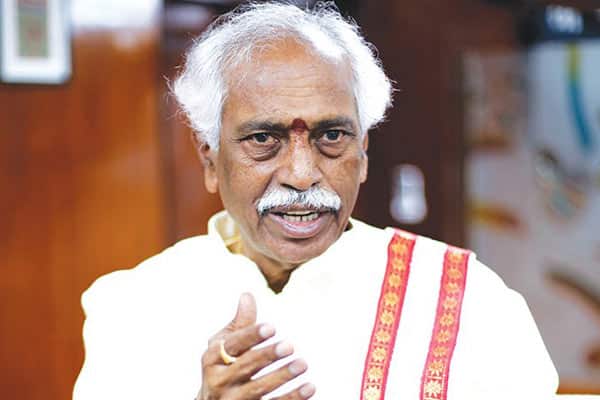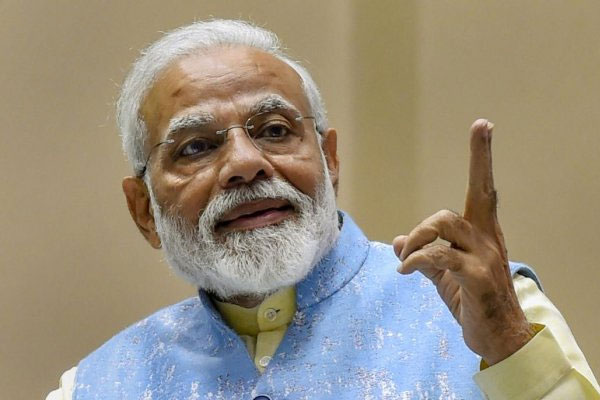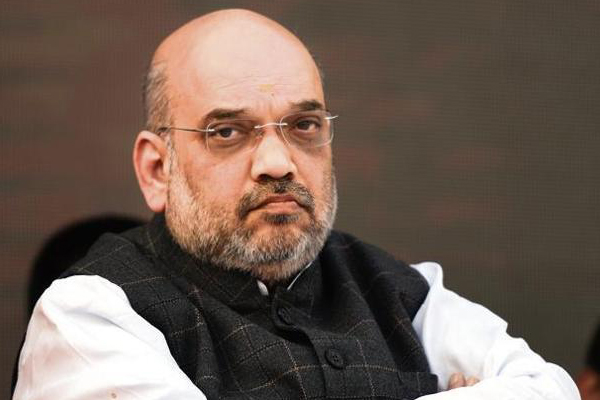Article 370, a significant provision in the Constitution of India, has a complex history that intertwines with the broader narrative of the country’s constitutional development. Enacted in 1949, Article 370 was designed to provide a temporary and special status to the state of Jammu and Kashmir, acknowledging its unique circumstances during the accession to the Indian Union.
Origins and Provisions:
The roots of Article 370 trace back to the Instrument of Accession signed by Maharaja Hari Singh of Jammu and Kashmir in 1947, choosing to accede to the newly formed Dominion of India. To address the distinctive circumstances of Jammu and Kashmir, Article 370 was included in the Constitution of India by Dr. B.R. Ambedkar. This article granted the state a certain autonomy, allowing it to have its own constitution, a separate flag, and limited powers for the Indian Parliament over the state’s affairs.
Under Article 370, the provisions of the Indian Constitution were not automatically applicable to Jammu and Kashmir. Instead, the state had its own constitution, and the Union government’s jurisdiction was limited to defense, foreign affairs, finance, and communications. Additionally, Article 35A, inserted through a Presidential Order in 1954, empowered the state’s legislature to define ‘permanent residents’ and accord them special rights and privileges.
Abrogation in 2019:
The special status granted by Article 370 became a topic of extensive debate and controversy over the years. Critics argued that the provision hindered the full integration of Jammu and Kashmir into the Indian Union, while proponents saw it as a safeguard for the region’s autonomy. The situation escalated in August 2019 when the government, led by Prime Minister Narendra Modi, took a historic step by abrogating Article 370 and bifurcating the state into two Union Territories – Jammu & Kashmir and Ladakh.
The move to revoke Article 370 was accompanied by a massive security lockdown in the region, drawing both domestic and international attention. The government defended the decision, stating it aimed at ensuring the region’s full integration into India, promoting development, and extending the benefits of various central schemes to the people of Jammu and Kashmir.
Post-Repeal Insights:
The abrogation of Article 370 triggered mixed reactions. While some hailed it as a decisive step towards national integration and development, others expressed concerns about its implications for the region’s autonomy and the constitutional precedent it set. The move also raised geopolitical concerns and led to changes in the dynamics of the India-Pakistan relationship.
After the repeal, the Union Territories of Jammu & Kashmir and Ladakh saw a series of administrative and political changes. The region has witnessed efforts to accelerate development, improve governance, and facilitate a more significant role for elected representatives in shaping the future. But several parties approached the Supreme Court of India to revoke the decision of the Union Government of India.
Landmark Verdict of the Apex Court today (11-Dec 2023):
Today, 11 December, the Supreme Court’s Constitutional bench delivered a landmark verdict on the constitutional validity of the abrogation of Article 370 in Jammu and Kashmir. The ruling, led by Chief Justice DY Chandrachud, declared Article 370 as a temporary provision and upheld its abrogation by the Narendra Modi-led Bharatiya Janata Party (BJP) government in August 2019. Chief Justice DY Chandrachud, while announcing the verdict, emphasized, “The State of Jammu and Kashmir does not have internal sovereignty different from other states. We have held that Article 370 is a temporary provision.” The apex court’s judgment also included directives for the Election Commission of India to conduct elections to the Jammu and Kashmir assembly by 30 September 2024. Furthermore, the court mandated the restoration of statehood at the earliest.
The entire nation keenly watches this verdict. Article 370’s journey from its enactment to repeal underscores the evolving nature of India’s constitutional landscape and the ongoing quest for a harmonious and integrated nation.
– ZURAN (@CriticZuran)




















